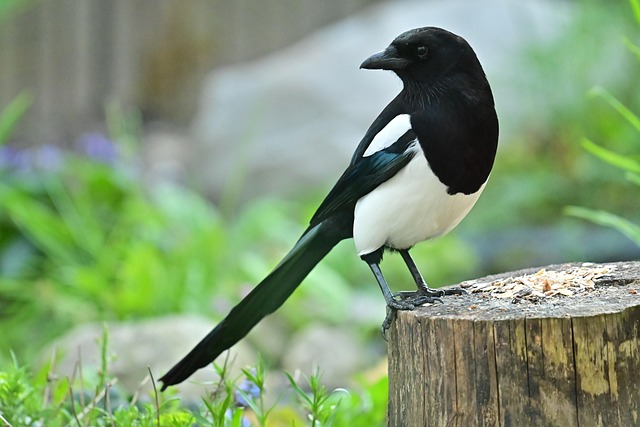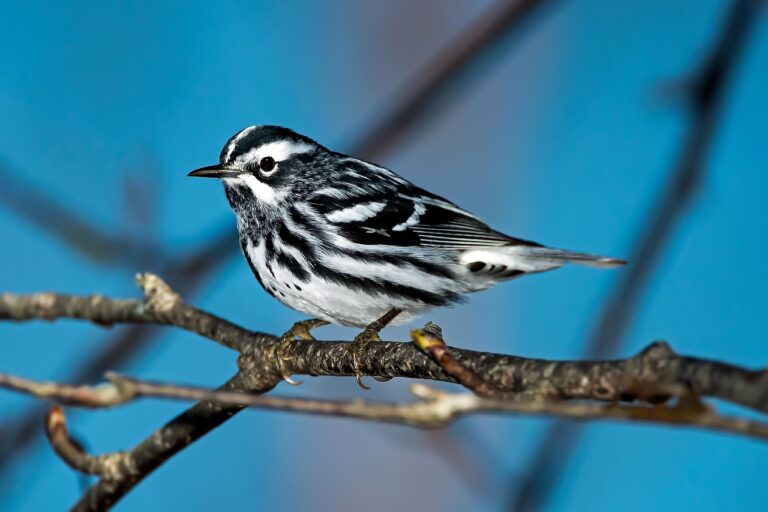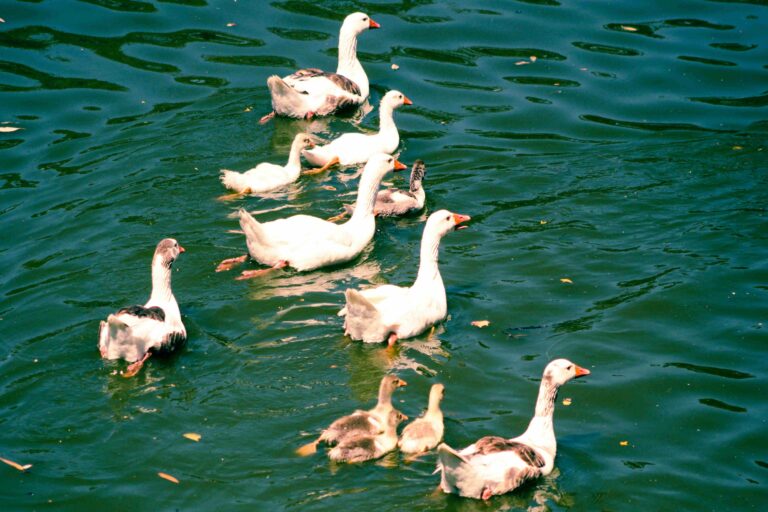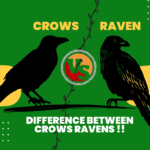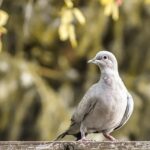Crows are one of the most intelligent and adaptable birds. They belong to the Corvidae family. Other members include ravens, magpies, and jays. Their fascinating cognitive abilities coupled with strong social bonds make these birds interesting and worthy of more study. Therefore, if you have ever thought, “How long do crows live?” this blog post will answer this question in depth.
Average Lifespan of Crows
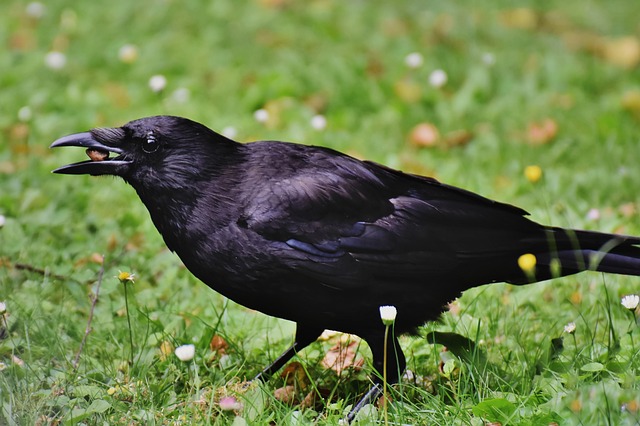
The lifespan of a crow depends on the species, environment, predation, and human influence. Here is a breakdown of the average lifespan of crows in different conditions:
- In the Wild: Crows in the wild live from 7 to 15 years. However, their lifespan is determined by the threats they face, including predators, diseases, and extreme environmental conditions.
- In Captivity: Proper nutrition and medical care allows crows raised in captivity to live longer than others. Some have been known to live 30 years or more under human care.
Lifespan of Different Crow Species
- American Crow (Corvus brachyrhynchos): 7-8 years in the wild; up to 20 years in captivity.
- Carrion Crow (Corvus corone): 10-15 years in the wild.
- Hooded Crow (Corvus cornix): 10-15 years.
- Australian Raven (Corvus coronoides): 15-20 years.
- Common Raven (Corvus corax): Although it is not a crow, the raven belongs to the same family and lives for about 40 years.
Factors That Affect a Crow’s Lifespan
- Predators and Threats: Crows are also in danger due to natural causes like hawks, owls, and eagles. The attacks mostly occur to young crows. The men form a threat due to man-made causes as habitat loss, hunting, and poisoning.
- Diseases and Health Risks: This species is susceptible to West Nile virus, a disease spread by mosquitoes. This has massively affected the crow population. Other diseases, parasites, and infections can also affect their longevity.
- Diet and Nutrition: Crows are omnivorous and consume a wide variety of foods, including fruits, insects, small animals, and human leftovers. A nutrient-rich diet can improve their health and extend their lifespan.
- Social Behavior and Intelligence: These birds are highly intelligent, living in family groups that help to protect them from major threats. Their recognition of the human face and learning survival strategies is one of the key components contributing to their extended period.
- Urban vs. Rural Living: The urban crows often have access to more food, but there is also a higher risk of pollution, vehicle accidents, and human hostility. Rural crows, on the other hand, might face fewer artificial dangers but would have to face natural predators.
How Do Crows Compare to Other Birds in Longevity?
Although crows do not live as long as parrots, they do live longer than most bird species because of their intelligence and adaptability. Other birds tend to have a shorter lifespan compared to crows. Here’s how other birds compare to crows:
- Sparrows: 3-5 years
- Pigeons: 6-10 years
- Owls: 10-15 years
- Eagles: 20-30 years
- Parrots (some species): 40-80 years
Myths and Interesting Facts About Crows’ Lifespan
Crows are always mystique and intelligent birds. Here are some interesting facts:
- Crows can identify faces and remember whom they have aided or harmed in the past.
- They use tools to gain food, showing off their intelligence levels.
- Crows grieve their dead, revealing emotional depth less common in birds.
- In several cultures, crows represent a long life with wisdom.
| Read Also: What Is a Group of Crows Called? |
| Read Also: Differences Between Crows or Ravens |
How Can Humans Help Crows Live Longer?
- Avoid pesticides that might poison their foodstuffs
- Provide fresh water during hot weather
- Do not feed crows processed food, which may harm them
- Encourage habitat preservation through tree planting and reduction of deforestation
- Give them their space, avoiding nest disturbance.
Conclusion
Crows can live between 7 to 15 years in the wild, and some have been known to live up to 20 to 30 years in captivity. Their lifespan is affected by predation, diet, intelligence, and environment. Understanding their needs and behaviors will help us appreciate these remarkable birds and contribute to their conservation.
If you enjoyed reading this article, then check out more on bird behavior, intelligence, and conservation. Stay tuned to our blog for the latest insights into the fascinating world of birds!


